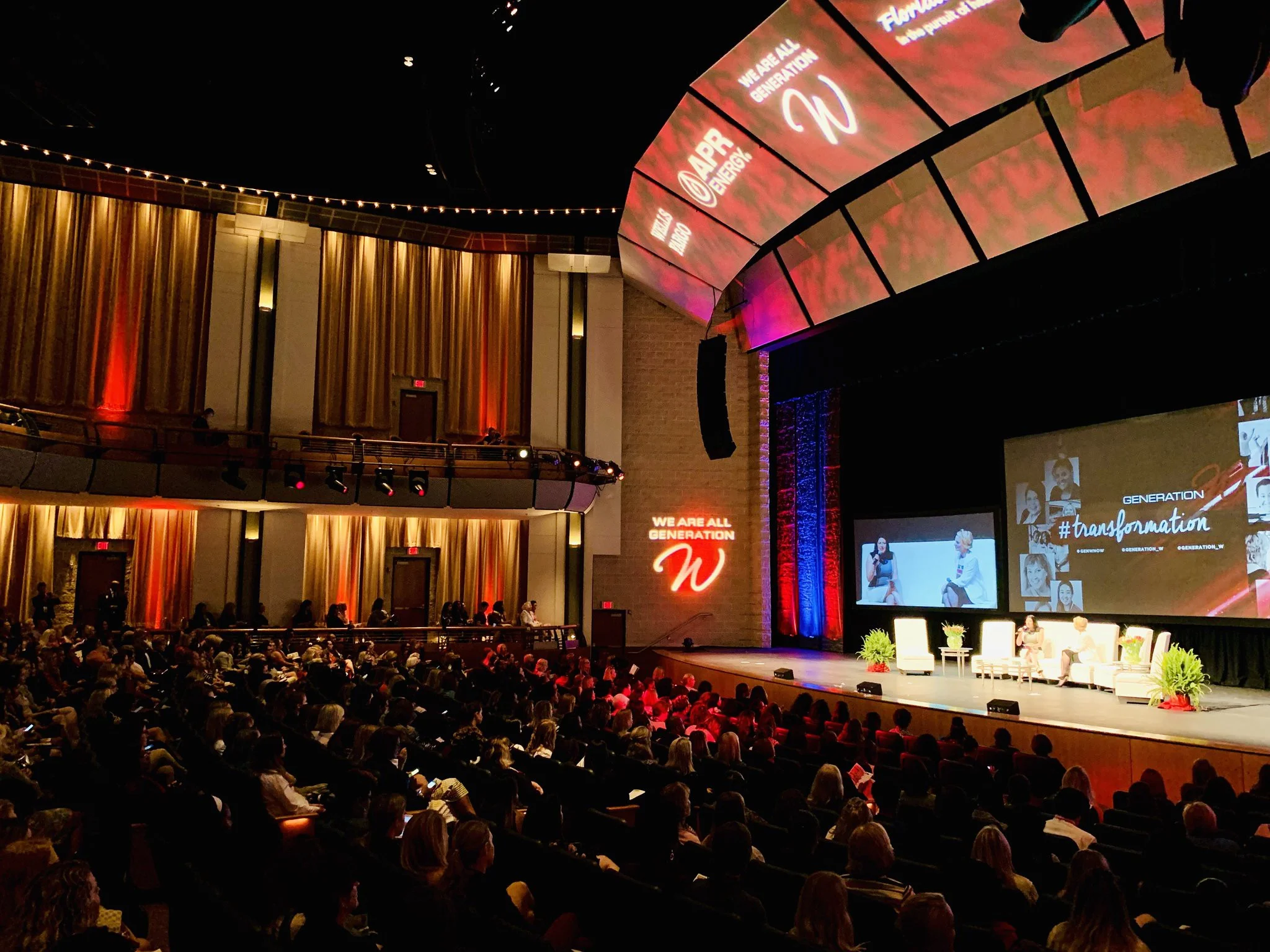Civility is Key for Long-Term Leadership
When my father worked in the Carter White House with the impossible job of reorganizing the government, a colleague told him: "You'll never make it in Washington, Harrison. You're too nice." My dad didn't buy this advice. Instead he took his cues from his Harvard mentor Richard Neustadt, who told him he could achieve anything in Washington if he did not care who got the credit. Fifty years of civility later, he's still nice. But too often politics seems to embrace the idea that you win by force, not by diplomacy. We saw this loud and clear in Donald Trump's campaign, and we see it now in his presidency. Civility, empathy and tolerance are sometimes considered soft skills not necessary to win in the cut-throat game of politics. But for sustainable leadership, aren't they actually some of the most important skills?
Anita McBride, who was chief of staff to First Lady Laura Bush and worked in three other presidential administrations, came in to speak to my Running Start fellows the other day, and we talked a lot about civility. She told stories about how gracious the Bushes were to everyone, and how they saw it as their obligation as leaders to take the higher ground. She told the fellows to make sure they make good connections with people and stick to who they are, even when political pressures try to push them another direction. Anita explained it as having respect for the office you hold – as a leader you need to be better than the people around you. More tolerant, more patient and more civil.
I now talk about the soft skills of leadership (making connections, expressing empathy) as much as the hard skills (public speaking) when training my Running Start students. I want them to know that increasingly in the world of politics and business, it is crucial to cultivate emotional intelligence so that when you lead, people will want to follow you. In an exercise for my students, leadership coach Chris Baer asked them to think of the leader they most admire. He then asked them to write down five traits those leaders possess. When the students posted them on the wall, almost every sticky note fell in the emotional intelligence box.
I see this every day in my business as a nonprofit director. I succeed or fail based on the relationships I have with other people. No matter how smart I am, if I don't treat the people around me with kindness and respect, I will not win people to my cause.
But there are still people who think that compromise and diplomacy are signs of weakness. The other night at a dinner party, one of the guests told us he voted for President Trump because he brought masculinity back to politics. He said that President Trump allows men to be men, while leaders like Obama aren't real men because they are too soft and politically correct. Trump, he said, says what he thinks and doesn't compromise, which my friend saw as signs of strong leadership. Trump's hard power politics was on full display last week with his proposed cuts to the State Department budget and increases to the Defense budget.
Here's what I think: You can certainly win by force, but your power will never truly be secure. When instead you build a strong network of relationships, like my father did, you have supporters who help you because they want you to succeed and who will be there with you for the long run. Years ago when I was working in the Clinton White House, I had a great intern named Alan. Ten years later Alan was heading up one of the most powerful businesses in the city, and I came calling for support for my nonprofit, which I got. In the mercurial world of Washington, treating those around you with respect and civility ensures that even when you are out of power, you will still have the power to get things done.


